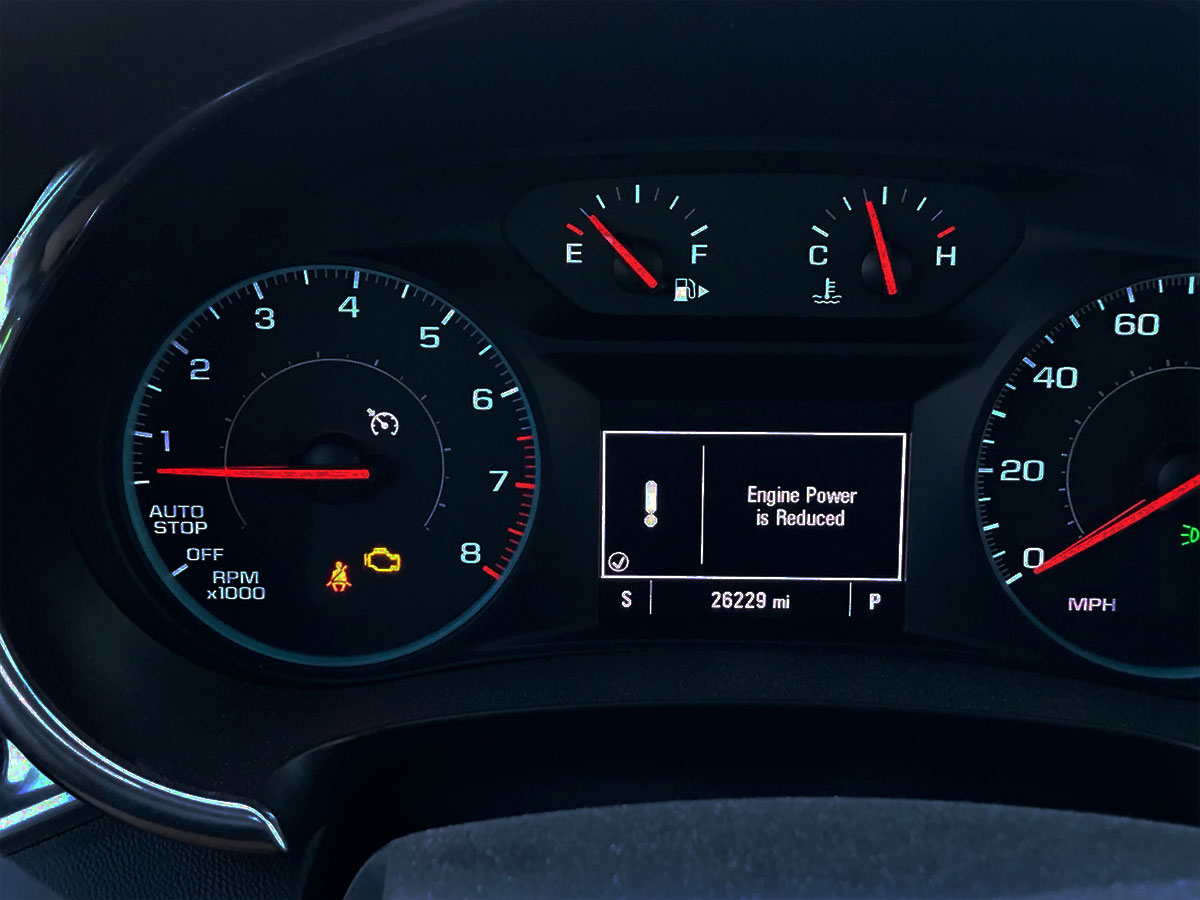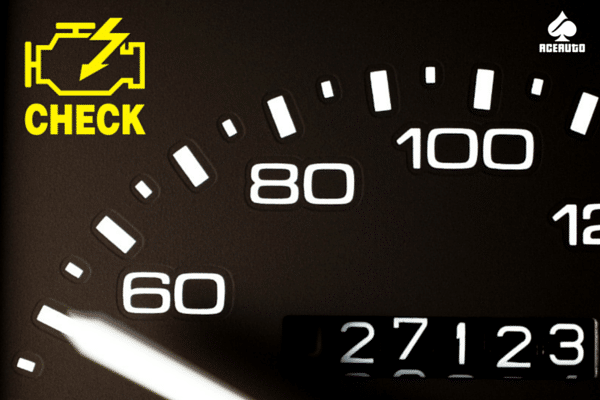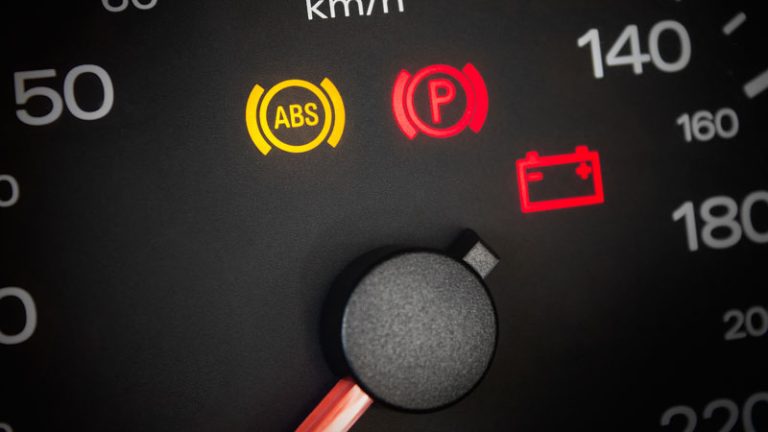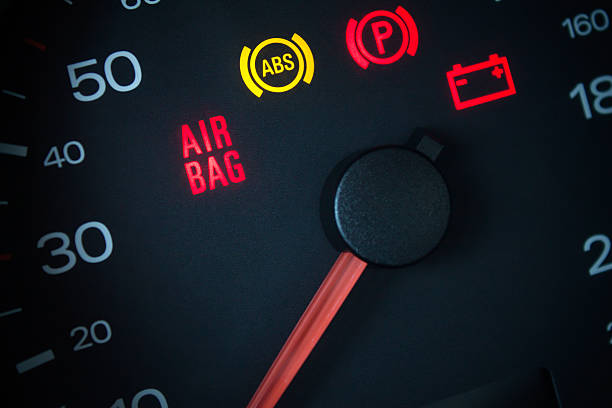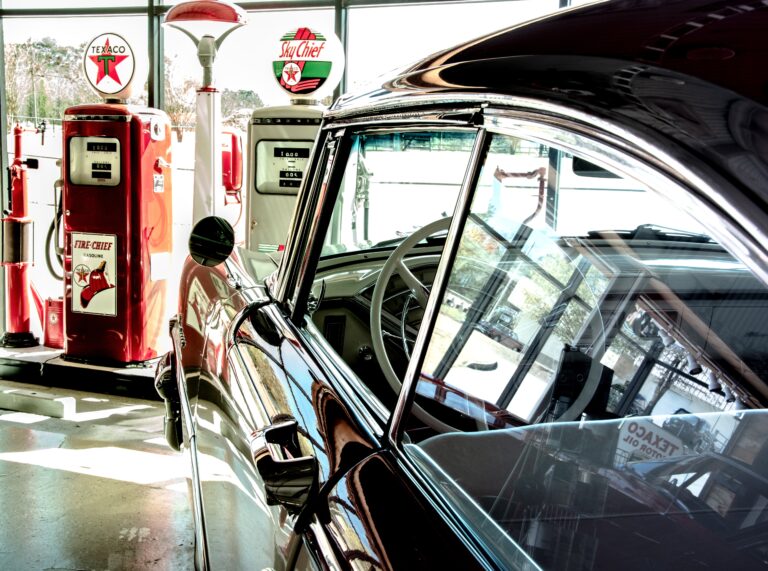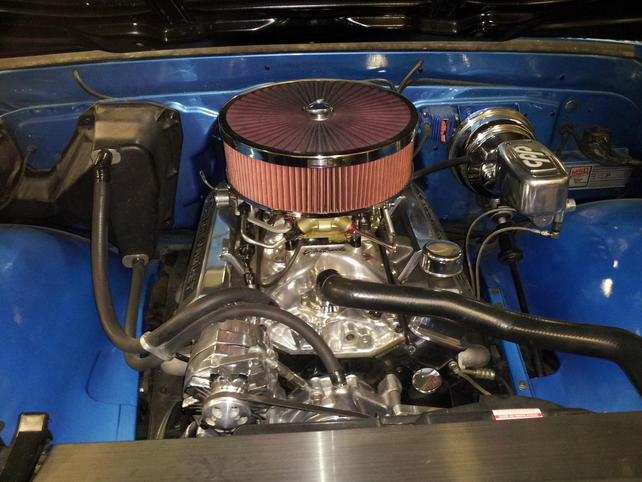Welcome to our comprehensive guide on dealing with the dreaded “blinking check engine light Chevy.” This informative article will not only demystify the reasons behind this worrisome indicator but also provide you with practical steps to resolve the issue. With our expert advice and personal experiences, you’ll be better equipped to handle this situation confidently. So, let’s dive into understanding and addressing the blinking check engine light in your Chevy.
Blinking Check Engine Light Chevy
The blinking check engine light on your Chevy is a cause for concern for any car owner. It’s your vehicle’s way of signaling that something is amiss under the hood. But before you panic, let’s break down the possible causes and steps to take when faced with this situation.

Why Is the Check Engine Light Blinking?
Your Chevy’s check engine light typically illuminates for various reasons, ranging from minor issues to more serious problems. Here’s a closer look at some common triggers for the blinking check engine light:
- Ignition System Problems: One of the leading causes of a blinking check engine light is issues within the ignition system. Faulty spark plugs or ignition coils can disrupt the combustion process, triggering the warning.
- Catalytic Converter Issues: A malfunctioning catalytic converter can also result in a blinking check engine light. This component plays a crucial role in reducing harmful emissions, and its failure can lead to increased pollution and reduced engine performance.
- Oxygen Sensor Malfunction: The oxygen sensors in your Chevy monitor the exhaust gases and adjust the air-fuel mixture accordingly. When they fail, it can lead to poor fuel economy and trigger the check engine light.
- Loose Gas Cap: Sometimes, a loose or damaged gas cap can cause the check engine light to blink. This is one of the simplest issues to address and doesn’t require professional assistance.
- Engine Misfires: Misfiring cylinders can cause the light to blink. This can result from issues like damaged spark plugs, faulty ignition coils, or low compression.
- Low Oil Pressure: Inadequate oil pressure can lead to engine damage, so your Chevy’s computer system will blink the check engine light to alert you to this problem.
- Exhaust Gas Recirculation (EGR) Valve Issues: Problems with the EGR valve can affect your vehicle’s emissions and performance, prompting the warning light.
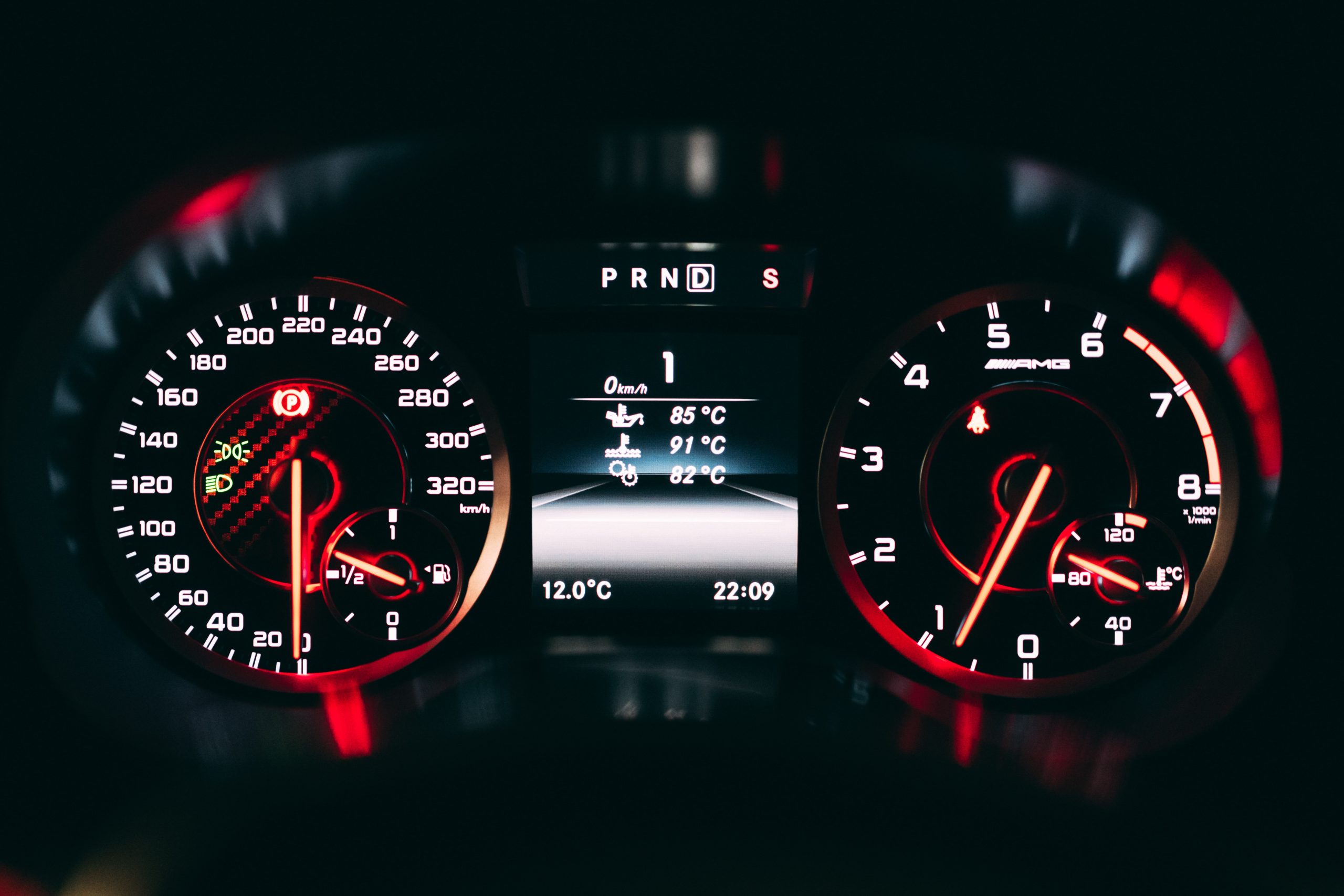
How to Respond When the Check Engine Light Blinks
Now that you understand some of the potential causes, it’s crucial to know how to react when your Chevy’s check engine light starts blinking:
- Pull Over Safely: If the light starts blinking while driving, try to pull over safely to avoid potential engine damage.
- Check the Gas Cap: As a quick first step, ensure the gas cap is securely tightened. If it was loose, the light may turn off after a few drive cycles.
- Reduce Speed and Load: Avoid driving aggressively or towing heavy loads when the light is blinking, as this can worsen the issue.
- Don’t Ignore It: Unlike a steady check engine light, a blinking one indicates a severe problem that requires immediate attention. Ignoring it can lead to costly repairs or further damage.
- Consult a Professional: It’s advisable to have your Chevy inspected by a qualified mechanic or at an authorized service center. They can diagnose the issue using specialized equipment and provide the necessary repairs.
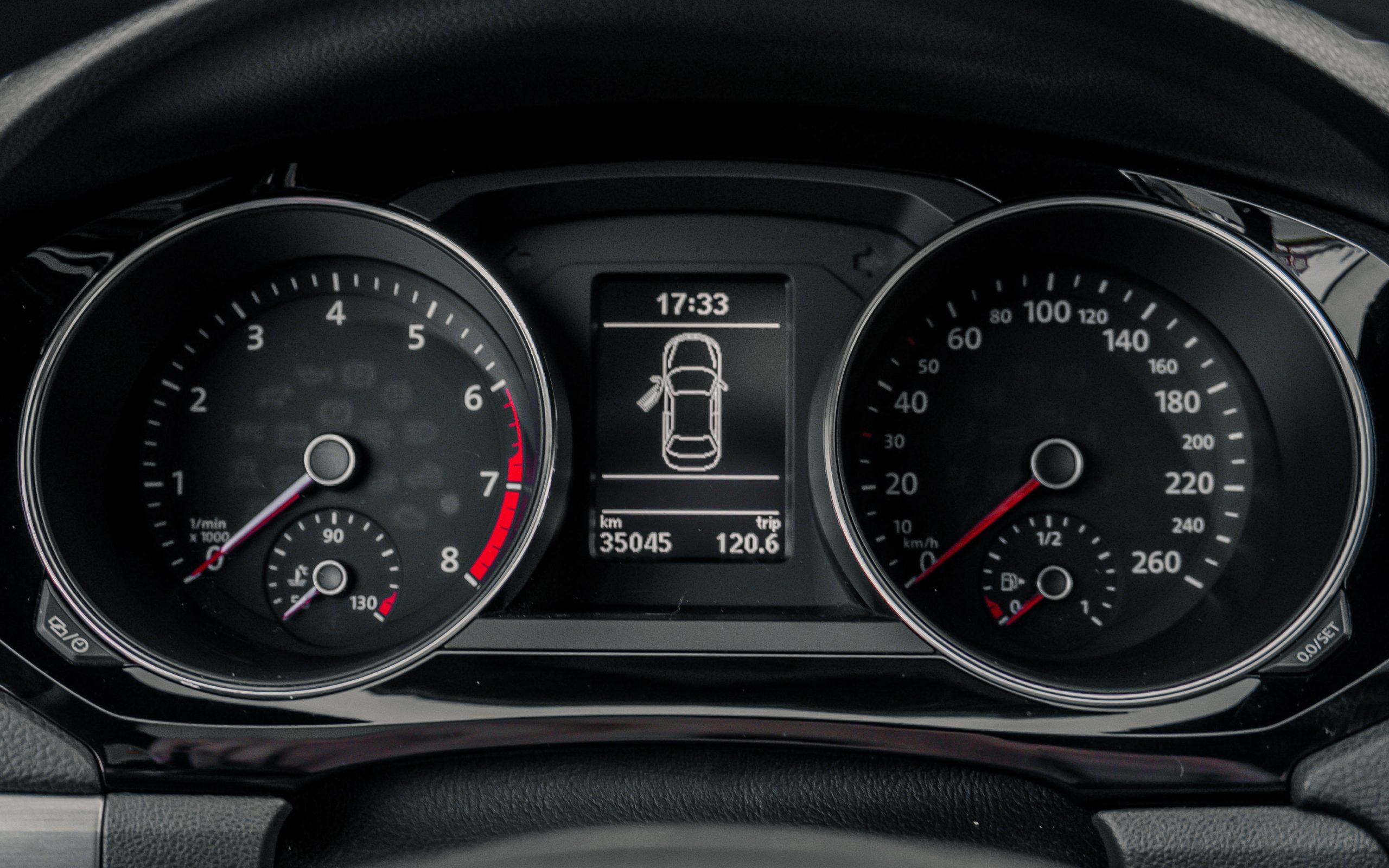
Additional Tips for Chevy Owners
- Regular Maintenance: To prevent check engine light issues, adhere to your Chevy’s recommended maintenance schedule. Routine oil changes, air filter replacements, and tune-ups can go a long way in keeping your vehicle in top shape.
- Check Your Owner’s Manual: Your Chevy’s owner’s manual is a valuable resource. It provides specific information about your vehicle’s dashboard lights, including the check engine light, and offers maintenance guidelines.
- Drive Sensibly: Avoid aggressive driving habits, such as rapid acceleration and sudden braking, as they can strain your engine and trigger warning lights.
- Quality Fuel: Use high-quality fuel and consider using fuel additives to keep your engine clean and running efficiently.
- Keep Records: Maintain a log of your vehicle’s service history, including dates of check engine light occurrences and the associated repairs. This can be helpful when diagnosing recurring issues.
Frequently Asked Questions
Q: Can I continue driving with a blinking check engine light?
A: While you can drive to reach a safe location, it’s best to limit driving and have your Chevy inspected promptly to avoid potential damage.
Q: How much does it cost to fix a blinking check engine light issue?
A: The cost varies depending on the underlying problem. Simple issues like a loose gas cap are inexpensive to fix, while more complex engine problems can be costly.
Q: Can I use a diagnostic tool to check the issue myself?
A: Yes, you can use an OBD-II scanner to read the trouble codes associated with the check engine light. However, interpreting these codes accurately may require professional expertise.
Q: What happens if I ignore a blinking check engine light?
A: Ignoring a blinking check engine light can lead to severe engine damage and costly repairs. It’s best to address the issue promptly.
Q: How long can I drive with a steady check engine light before addressing it?
A: While a steady check engine light indicates a less severe issue, it’s still essential to have it checked as soon as possible to prevent potential complications.
Q: Is it safe to reset the check engine light using a scanner?
A: Resetting the light without addressing the underlying problem won’t resolve the issue and may hide critical information from mechanics during diagnostics.
Conclusion
In conclusion, a blinking check engine light in your Chevy is a clear indicator of underlying issues that require immediate attention. By understanding the possible causes and taking appropriate steps, you can ensure the longevity and performance of your vehicle. Don’t hesitate to consult a professional mechanic for a thorough diagnosis and timely repairs. Your Chevy will thank you, and you’ll enjoy peace of mind on the road.

